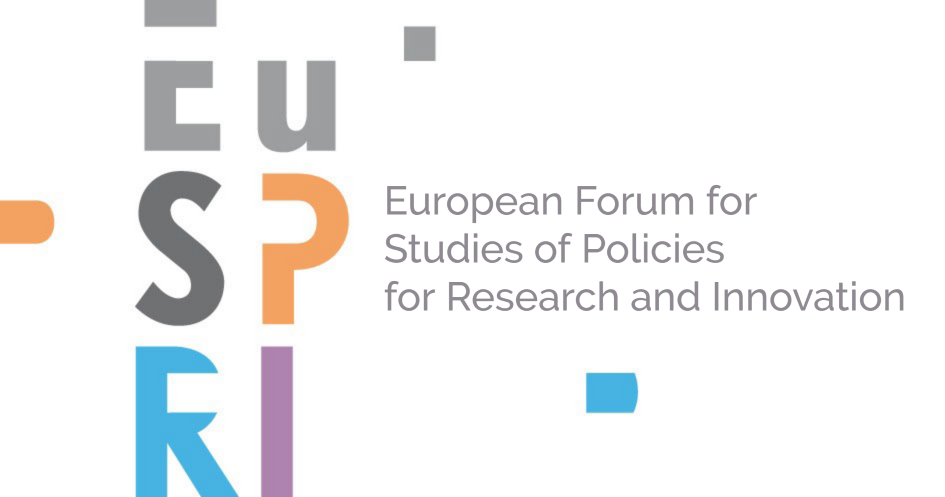Biegelbauer, Peter (Vienna (AT) AIT Austrian Institute of Technology)
How Can We Change Organisations Through Innovations?
Authors: Peter Biegelbauer, Gudrun Haindlmaier, Petra Wagner, Stephanie Daimer, Ralf Lindner, Stefan Philipp, Jannika Mattes, Mika Nieminen, Santtu Lehtinen
Keywords: Institutional Change, Entrepreneurship, Organisational Innovation
Abstract:
While institutional change is addressed extensively in the debate on sustainability transitions for the macro level, we argue that it is equally crucial to understand institutional change at the meso level, i.e. for organizations. We contend that there is still a lacking understanding of factors driving or impeding the institutionalization of innovations in organizations, its processes, and the concomitant (institutional) dynamics playing out in ecosystems between organizations.
Having said that, several strands of thought already shed light on these issues:
• Institutional entrepreneurship stresses the role of entrepreneurial actors within framework consisting of elements such as field characteristics, social position, the creation of the vision for change or mobilization of allies and resources within organizational change processes. Recent theorizing shifts from single institutional entrepreneurs as heroic individuals to the notion of institutional entrepreneurship as a collective, multifaceted, and multilevel activity.
• Social Practice Theories emphasize that micro-level practices are crucial for the maintenance, change, or creation of institutions, and thus, changing seemingly mundane practices can unfold effects beyond the organisation in which they started when they move from practice to field. Studies bridging the gap between macro-level organisational structures and micro-level practices show how organisations are not only shaped by broader social norms and structures but also actively constructed and enacted through everyday practices.
• The debate on sustainability transitions has long acknowledged the importance of organizations for developing and implementing innovations and for understanding societal change. Particularly stressing the importance of so-called incumbents, recent studies highlight how big corporations shape the process of sustainability transitions. This has resulted in a call to better understand the interdependencies between organizational innovation and transitions.
• Discussions on sustainability transitions and mission-oriented innovation policies find the state needs to develop its transformative capacity. Often concepts from strategic management and public administration theory are evoked. According to them, dynamic capabilities form the heart of the interplay of transformative policy and administrative change.
• Research-performing organisations such as universities and research and technology organizations increasingly aim to engage in responsible research and innovation, reflecting the ambition to align their research and innovation with the values, needs and expectations of society. They emerge as crucial players in sustainability transitions and often need to undergo significant organisational change processes themselves.
• While experimentation is crucial for transformation, especially on the local level, it often manifests through fragmented, project-based structures that lacks proper institutionalization and democratically legitimized governance. The success of innovation policies hinges on their ability to address the actual needs of the local context and organisations, effectively leveraging their innovation ecosystems.
• To understand how institutions influence organisations, organisational institutionalism examines the impact of institutional contexts on organisational behaviours, structures, innovation adoption and vice versa. This implies that innovations shape the logics of the larger context, e.g. for sectors, but also context conditions result in refined organisational strategies and impact the diffusion of innovation. Here, the development and diffusion of innovations is depending on the development of new logics and legitimacy in within changing fields.
We propose a special track analysing organisational change through social and technological innovations through perspectives such as institutional entrepreneurship, social practice theory, transition studies, system dynamics, organizational theory, and others. The goal is to understand the interrelation between institutional context and organisational innovation better by learning from our practical experiences in the observation and instigation of institutions for the transformation.
Guiding Questions:
We would like to revisit various approaches, projects, papers, interviews, observations, personal experiences made, to systematize them and learn from the outcomes. Subsequent questions are:
• Which factors drive or impede the institutionalization of social, organizational, and socio-technical innovations?
• How are these innovations institutionalized in the real world?
• Which concomitant dynamics can we observe within organisations and their ecosystems?
• What follows from this for the design and actual delivery of policies?
Specific Themes and Topics:
This track invites abstracts on critical themes linking innovation to institutional change, including policy and governance innovation, mechanisms for scaling and diffusion, processes of (de)institutionalisation and empirical studies of institutional shifts. Topics may cover how novel policy approaches drive institutional evolution, how STI policies facilitate the spread of transformative practices, and how institutional changes can be monitored and evaluated. We particularly welcome sectoral case studies that illustrate how innovations reshape institutional norms and structures in specific contexts.
Methodological and Theoretical Perspectives:
We invite practical, conceptual, or theoretical contributions that address the complex relationship between innovation and institutional change from different disciplines, such as political science, sociology, STS, economics, or anthropology. The track encourages an inter- and ideally also transdisciplinary discourse to reflect how to capture the forces shaping institutional transformation.
